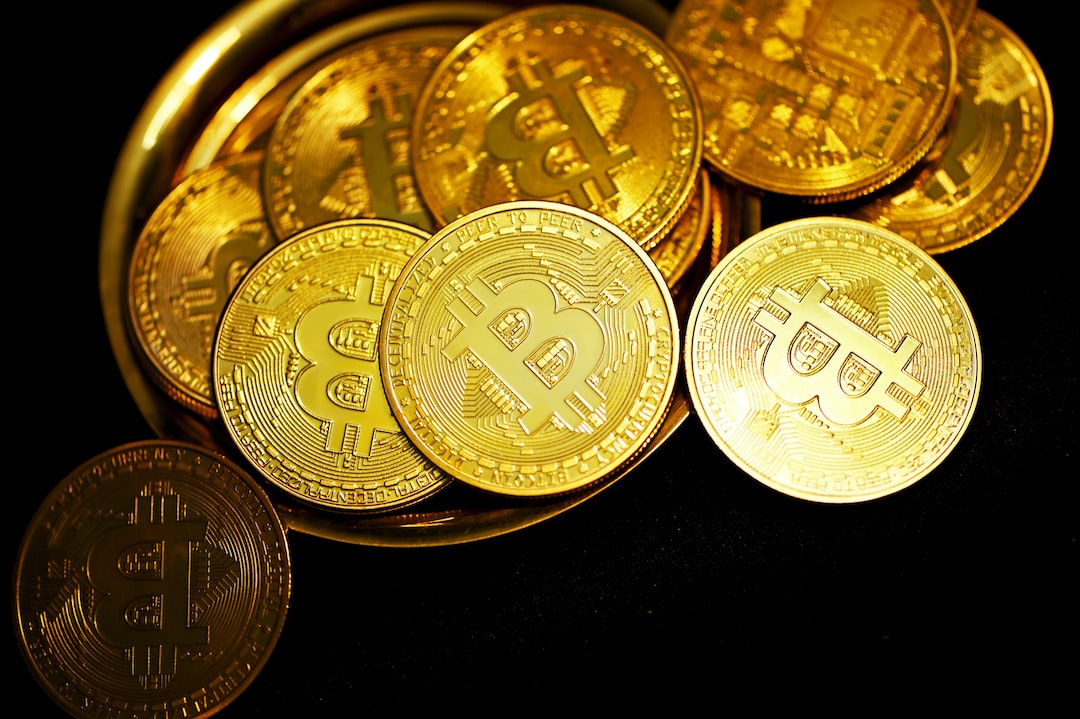Circle’s Role As Amicus Curiae Explained
The US Securities and Exchange Commission (SEC) is currently involved in a legal battle with Binance, a leading cryptocurrency exchange. However, ahead of an upcoming hearing on October 12, there has been a significant update regarding Circle, the issuer of stablecoin USD Coin (USDC). Circle has been granted permission to participate in the lawsuit as an amicus curiae, providing a unique perspective on the case.
District Judge Amy Berman Jackson of the US District Court for the District of Columbia has been taking steps to prepare for the hearing, including addressing pending motions related to the SEC’s lawsuit against Binance. Among these motions, Circle’s amicus brief stands out. Circle argues that stablecoins like USDC should not be considered securities since they are primarily used as a medium of exchange rather than investment contracts.
Judge Jackson has accepted Circle’s role as amicus curiae, emphasizing that their position does not favor either Binance or its CEO. However, Circle will only be allowed to participate in oral arguments with explicit permission from the court.
Recent Updates On SEC Vs. Binance Lawsuit
Paradigm, a crypto research firm, has also filed an amicus brief in the ongoing SEC vs. Binance lawsuit. Paradigm takes a stance against the SEC and accuses them of governmental overreach and attempting to rewrite laws without going through the proper rule-making process.
Prior to these developments, Binance had already taken action by filing a joint motion with Bam Management Holdings Inc. to dismiss the SEC’s lawsuit against them.
Hot Take: The Growing Influence of Amicus Curiae in Crypto Lawsuits
As seen in the SEC vs. Binance lawsuit, the involvement of third-party entities like Circle and Paradigm as amicus curiae is becoming increasingly important. These entities bring expertise and unique perspectives to the court, aiding in the decision-making process. Their participation highlights the complexity of classifying cryptocurrencies and stablecoins as securities, and how these legal battles are shaping the regulatory landscape for the crypto industry.





 By
By
 By
By
 By
By
 By
By
 By
By
 By
By